Pro Tips on How to Choose a CPU When Buying Servers?
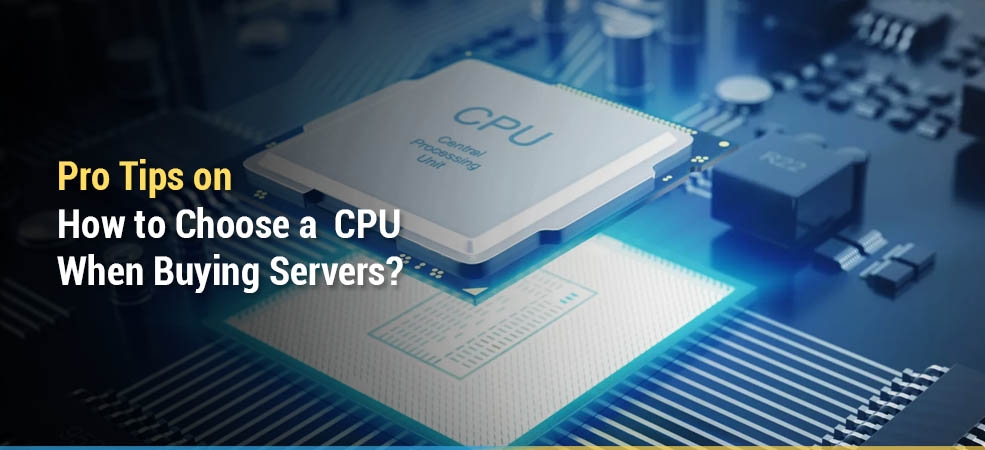
Buying a CPU server for your enterprise is a very important step that needs careful deliberation. There is a lot of thinking that goes before picking a CPU when buying servers.
Are you worried about buying the best server CPU? Now say goodbye to all your worries for here we are giving you some pro tips on the same.
Let's get started!
The Primary Considerations You Must think About
What will be the effect of downtime on your Business?
What is the business effect of the potential disappointment of your facilitating condition? One of the main interesting points when choosing a committed server is how to manage potential personal time. In a cloud domain, the set-up of the cloud secures you against equipment disappointments.
With a committed server, you realize you are not offering assets to any other person. In any case, since there is constantly a solitary purpose of disappointment in one server, you have to choose whether you can acknowledge potential personal time – on the off chance that you don't have the choice to scale to numerous committed servers.
Do you know about the Scaling capacity of your app?
Adaptability is another significant issue when picking a devoted server. How well does your application scale? Is it simple to include more servers, and will that expansion the measure of end clients you can support?
On the off chance that it is simple for you to scale, it doesn't make a difference whether you utilize a committed server or a virtual arrangement. Nonetheless, a few applications are hard proportional to different gadgets. Ensuring a database is running on different servers is a test since it should be synchronized over all database servers.
It may even be simpler to move the database to a server that has additionally preparing limit, RAM, and capacity. Moving to a cloud situation – where you can clone a server, have a duplicate running underway, and can add a heap balancer to divert traffic to numerous servers – could likewise be a decent alternative for you.
Do you need a Load balancing aptitude spread across multiple dedicated servers?
On the off chance that your application can scale over numerous committed servers, a type of burden adjusting - where end clients are part over every single accessible server is essential. If you are running a site and traffic is ascending. Eventually, you should utilize numerous web servers that serve a large number of clients for a similar site.
With a heap adjusting arrangement, each approaching solicitation will be coordinated to an alternate server. Before doing this, the heap balancer checks whether a server is fully operational. On the off chance that it is down, it sidetracks traffic to another server.
Did you think about the predictability of bandwidth usage?
The prerequisites in transmission capacity normally identify with the consistency of information traffic. If you will expend a great deal of transmission capacity yet consistency is low, you could pick a bundle with your devoted server that has a ton of information traffic included, or even unmetered charging. This is a simple method for realizing precisely the amount you will spend on the facilitating of your devoted server.
What is the Network quality you are looking for?
As a client, you can pick where a devoted server is put physically. It is imperative to think about the area of your end client. For example, if your clients are in the APAC area, facilitating in Europe probably won't be a reasonable decision since information conveyance will be moderate.
Information conveyance likewise relies upon the nature of the system of the facilitating supplier. To discover progressively about system quality, check a supplier's NOC (Network Operation Center) pages, and test the system. Most facilitating suppliers will enable you to do this.
What will be the limit if Self-service as well as remote management?
To which degree would you say you are permitted to deal with your server yourself? On the off chance that you are running an application on a devoted server, you presumably have the specialized abilities and learning to keep up the server. In any case, do you approach a remote administration module? Most A-brand servers are outfitted with remote administration modules. Suppliers can permit you secure access to that module.
Now let us take an overview of the Xeon Server
The CPU in your server is known as a processor. The unit gets, deciphers, and conveys guidelines. It additionally forms information and performs assignments, including running inquiries and serving site pages.
For quite a long while running, Intel has called their x86 server and workstation processors, "Xeon." There are numerous varieties. Some vary from Intel's standard processor.
The most recent Xeon line incorporates the Xeon W processors and the Xeon Scalable Processors (codename "Purley.") The adaptable processor is for workstations and servers that utilization numerous attachments. Others have additional highlights, for example, Error-Correcting Code (ECC) memory support. The further developed variations have more grounded processor abilities and more reserve memory.
Factors to see before Selecting the Xeon Servers
It's frequently hard to decide when you need a Xeon server over different processors. Coming up next are some principal contrasts that can assist you with making that qualification.
Cost
Xeon processors and servers are more costly than Core generally.
The lower-speed Xeon E3, for instance, is a lower speed model. It's as reasonable as a portion of the Core i5 processors. This settles on it a decent decision for some less asset serious undertakings, for example, media servers or internet business facilitating.
Memory Support
All Xeon E3 arrangement and practically all Core CPUs are backing up to 64GB. However, numerous Xeon frameworks bolster more than 1TB of memory.
One of the most stand-apart highlights of a Xeon server and processor is that they bolster Error Correcting Code (ECC) memory.
ECC memory secures against single-piece memory blunders. Fundamentally, it recognizes and rectifies the blunders. This is key for those frameworks in which unwavering quality and uptime are basic.
A portion of the standard Intel Core processors likewise bolsters ECC. They have the right chipset and motherboard. To be certain you have ECC memory support, you need a Xeon.
Cache
The cache is a minor measure of memory on the processor itself. Central processors have an 8MB store or less. A few models have up to 25MB. The Xeon E7 CPUs, be that as it may, have over 60MB of the store.
Clock Speed
How quick any given processor functions rely upon the clock speed. Clock speed is the speed in hertz (GHz) at which the processor creates and conveys guidelines. The quicker the clock, the more directions the CPU can execute every second.
Power Dissipation
All Core CPUs except for the Extreme release have TDP underneath 100W. The Xeon CPU goes up to 165W.
As a rule, control scattering in a Xeon is higher than a Core. The Core can overclock all the more effectively.
Multiple CPUs
Is it accurate to say that you are running applications that need numerous processor centers, additional memory, or a high memory data transfer capacity? Maybe you even require each of the three of these. Assuming this is the case, you may require a framework with different Central Processing Units (CPU).
Numerous Xeons bolster various CPUs. They do as such by utilizing included chip innovation to enable the CPUs to impart. Along these lines, the CPUs can share memory access and organize undertakings.
Conclusion
This is what we have in store for you today. Keep reading our blogs to know about the trending articles that you can purchase for your business. I hope this helped answer your question on how to choose a CPU in 2020?


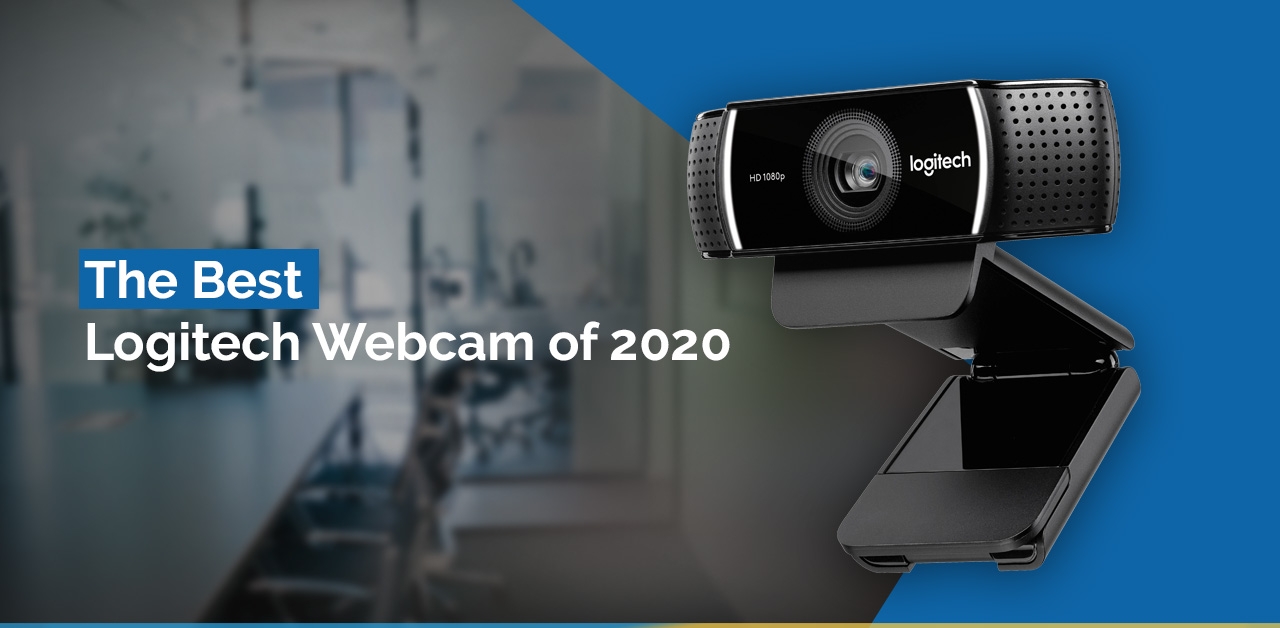



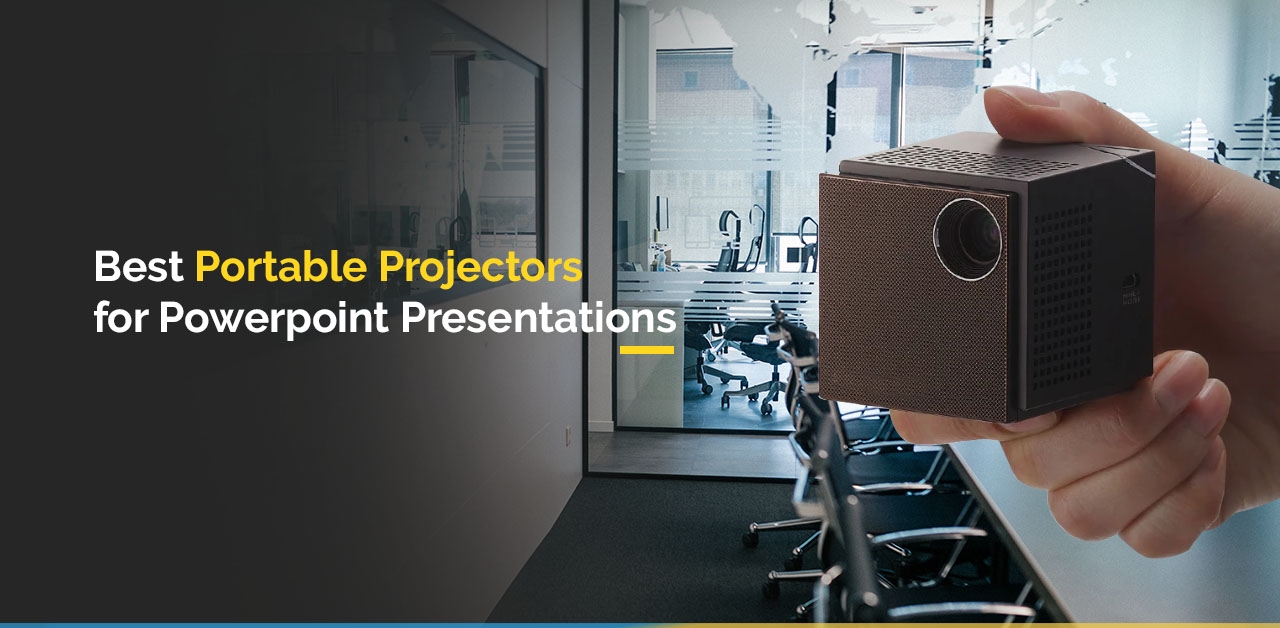

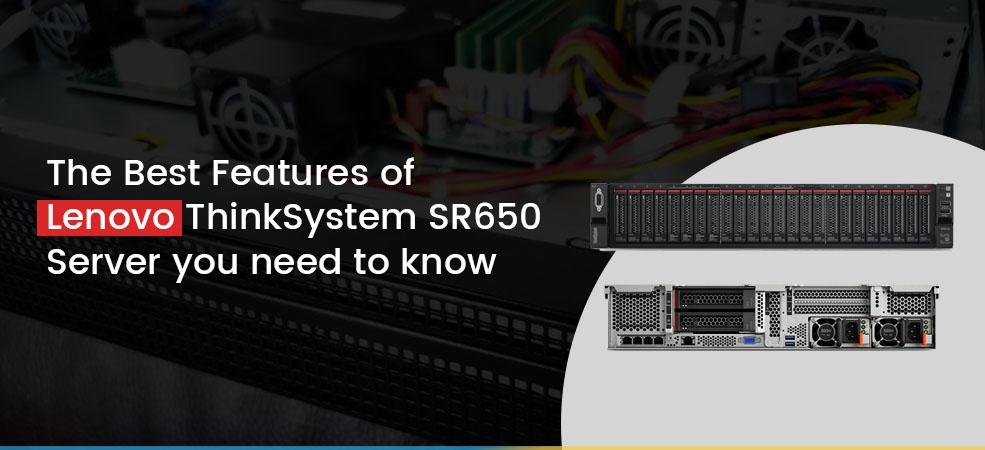

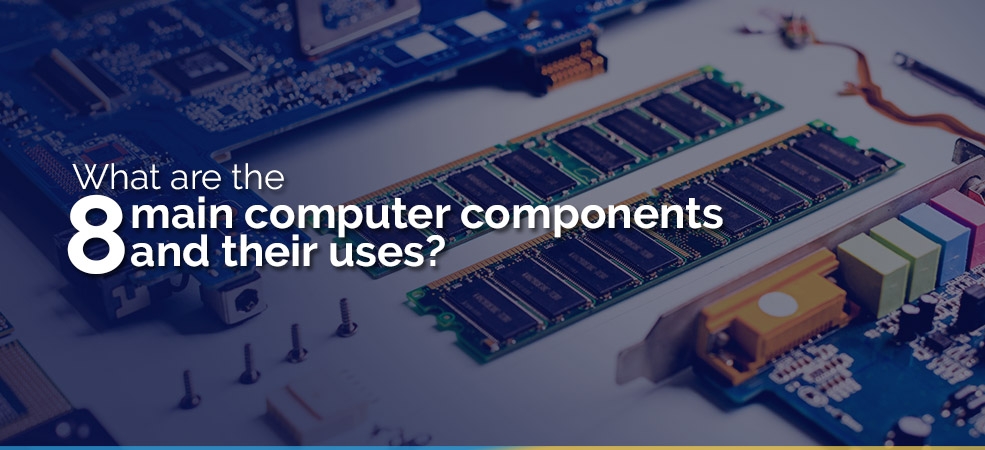

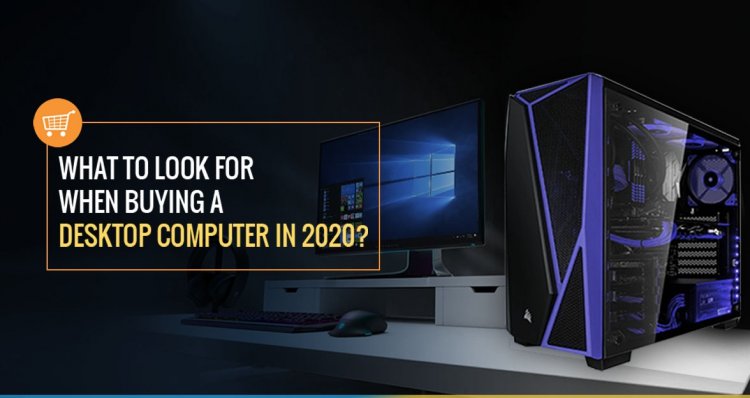

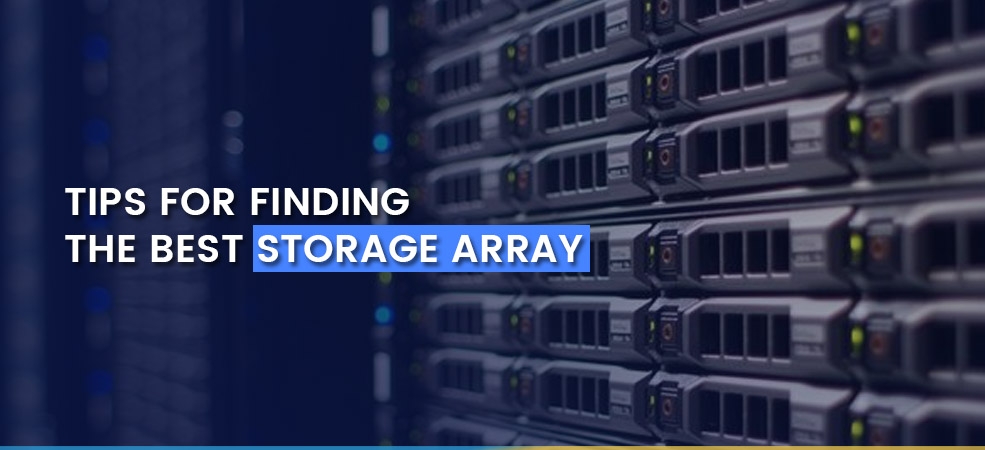
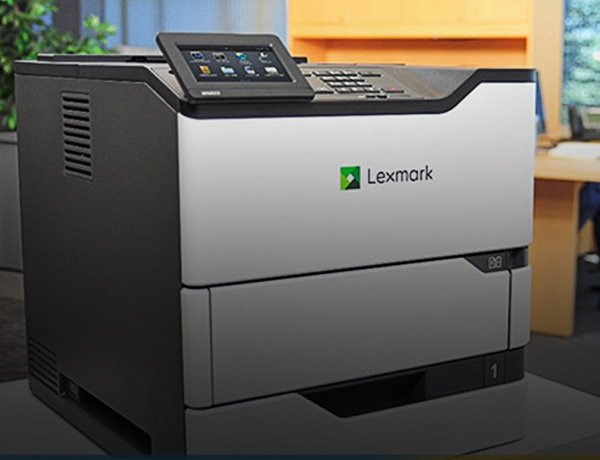

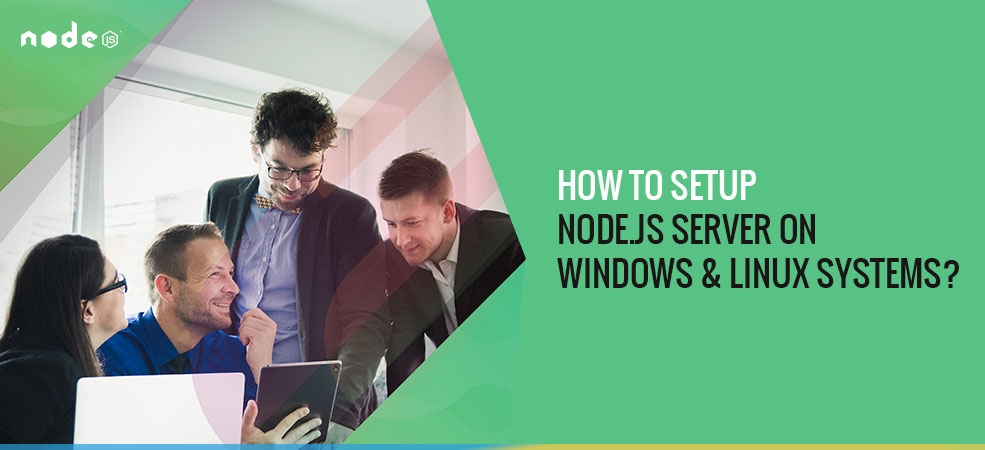
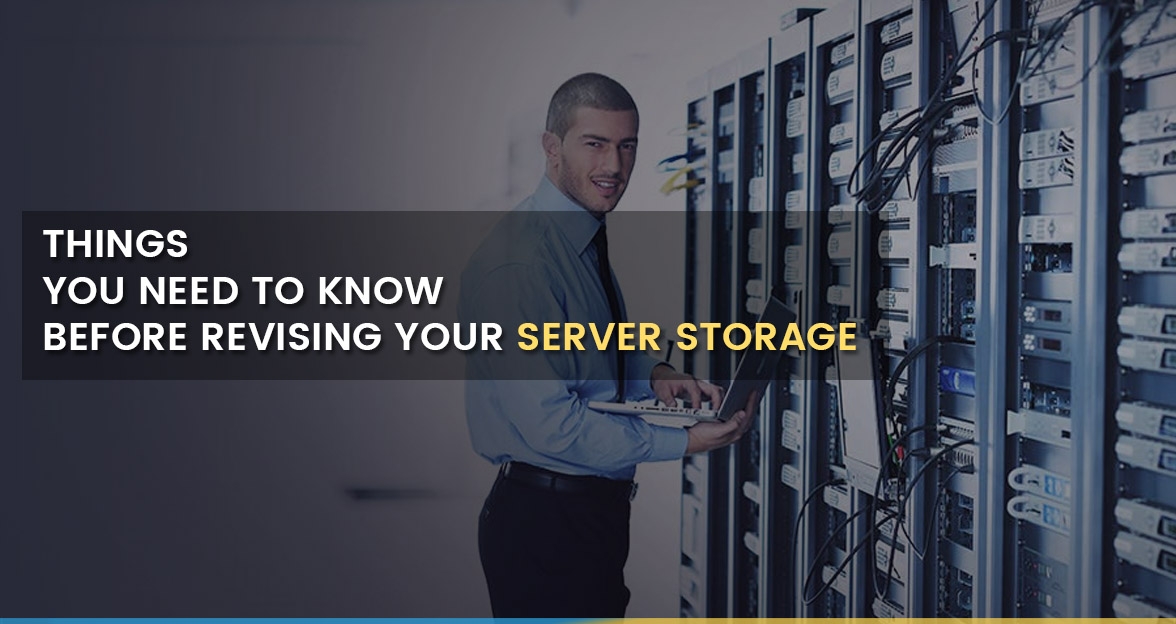
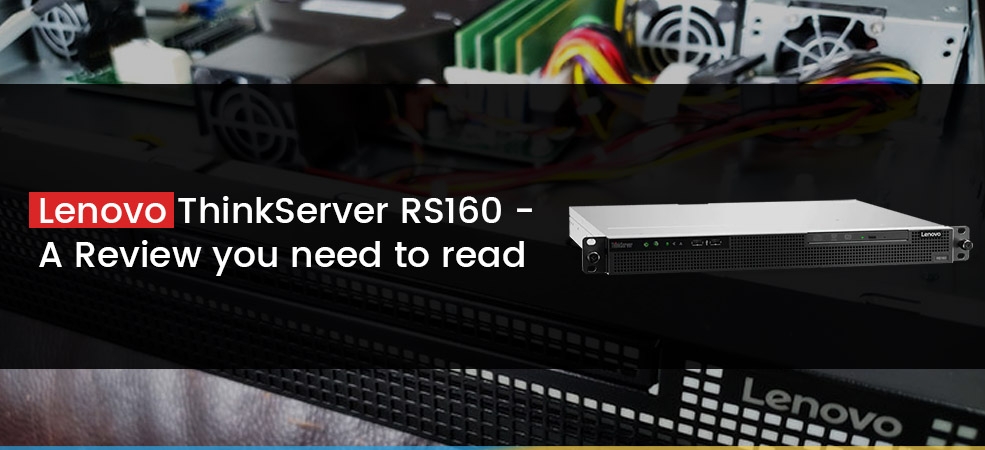
Comments (0)